How To Treat Childhood Depression | Childhood Depression & Anxiety
Table of Interests
Today, you and I will quickly take a look at the topic “How To Treat Childhood Depression | Childhood Depression & Anxiety”.
This has become necessary as we have sen overtime that several individuals have been searching for topics related to the above topic How To Treat Childhood Depression | Childhood Depression & Anxiety
However, if you are among those that have been searching for answers to [child depression test, childhood depression and anxiety, causes of childhood depression, pediatric depression treatment guidelines, childhood depression definition, is my child depressed or just moody, depression and your child, 12 year old depression test, How To Treat Childhood Depression | Childhood Depression & Anxiety], then you can see that you are not the only one.
Nonetheless, you shall get all this information right here on this blog.
How To Treat Childhood Depression | Childhood Depression & Anxiety
Depression occurs when, in a situation of character formation and self-determination, the child is constantly confronted with a reality.
Children can develop an endogenous or exogenous depression, depending on the reasons that cause them to become depressed.
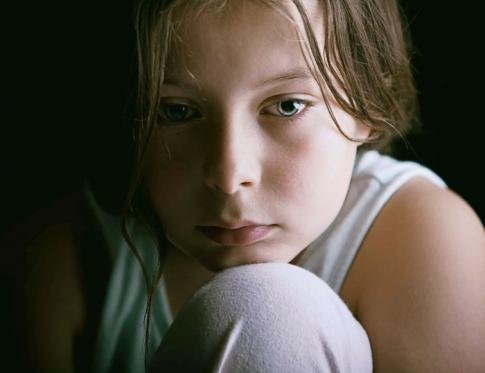
The language in children can tell us how confident they feel, how safe they are to be accepted by the environment they are in, this can make them produce more neurotransmitters that allow them to feel more stimulated.
Detecting depression, this lack of balance is essential to give value to something that gives happiness, since psychological health is the basis, the central axis around which we relate, since a healthy mind has a healthy body, generates a style of healthier life and it definitely transforms the person into someone independent.
It is important to be clear that as educators we can learn to discern that depression can be prevented in children if it is first determined that the person who educates and wants to help does not have depression.
Always remember that children have a very close bond with the person who is gaining their trust, then it is a responsibility that children can identify and very clearly with those attitudes and skills.
Childhood depression is largely latent, but it is not about finding guilty, it is about finding solutions to real problems.
What Happens To The Child When He Is In Depression?
The rhythm of life has changed a lot and receiving love is fundamental, it is something that must be taken into account, because in the growth stage it is essential to feel and be in joy.
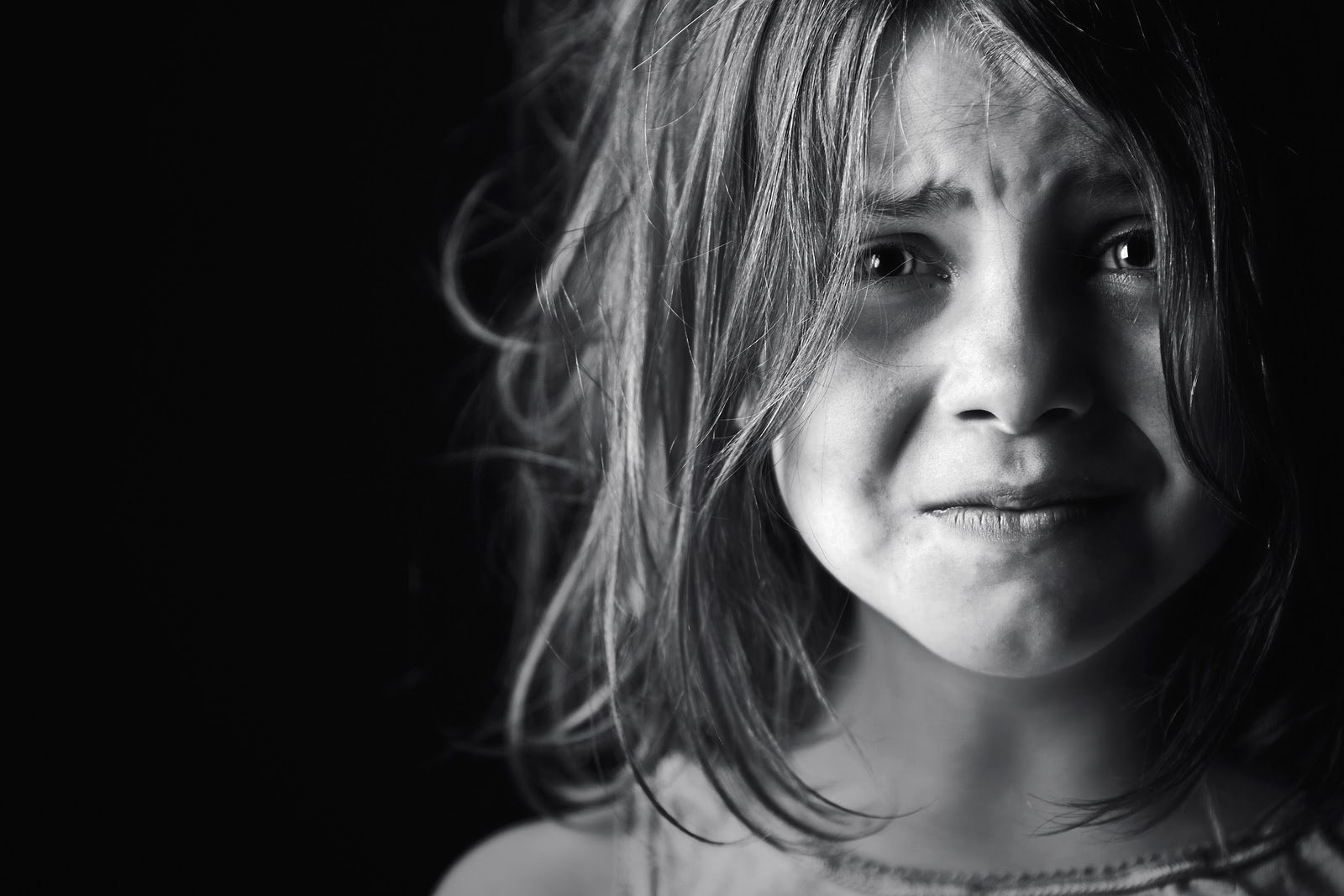
Some of the aspects that show the state of depression of a child are:
- Appetite loss.
- Can lose or gain weight, this is due to anxiety.
- Irritable character.
- The suicide.
It is necessary to identify the episodes, determine the type of depression if it is temporary or if, on the contrary, it is getting worse.
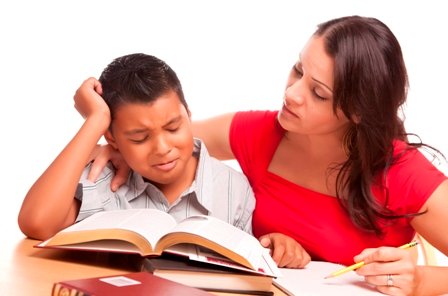
It is essential to work and pay special attention to red lights, indicators that something is happening and must do so in time.
What help does the educator provide?
- It helps to heal many emotions.
- Get to dissipate the guilt.
Having the opportune information of the feeling manifested by the children, helps them to be more collaborative and it is possible to reach them in a timely manner.
See Other Articles People Are Reading
- Cry Me A River – From Biology To Psychology Of Tears
- Redefining ‘Health’ For The 21st Century | Health Care Changes In The 21st Century
- Missile Technology – The Weapon Of Destruction
- Discussing Day-to-Day Fear | Types Of Fears & How To Overcome Them
- Electromagnetism – Antenna Radiation Patterns | How To Read Antenna Radiation Patterns
- Do Robots Really Have Emotions? | Can Artificial Intelligence Feel Emotions?
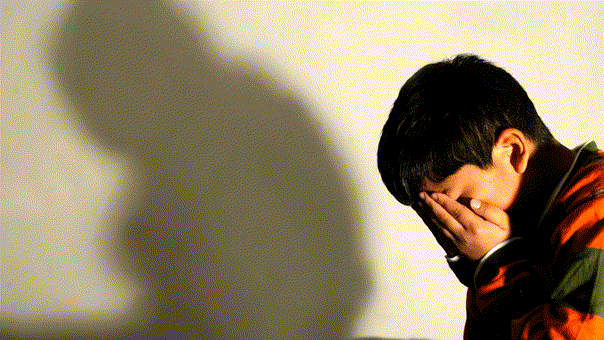
Children from an early age show a combination of what their genes are and what their parenting factors are.
Children learn not only from the genetic load, but also from the patterns of behavior that are offered to them. One thing is the character that develops and another is the temperament.
Sometimes, these should be released and avoided because they become adults dominated by these genes, since they are not trained in their character, so eventually those things do not like them and cause:
These central factors affect their lives, since they usually see the black dot on the white background, this becomes a constant negativity and therefore they train the brain to pursue that, that is, depression.
How Do We Realize That Something Is Normal Or Not In The Child And That It Is Part Of His Stage?
Many times, the teacher sees attitudes in children that we generally think is a whim, and on the contrary, the child is handling something emotionally, but as his brain is a bit immature and his neurocognitive abilities are not precarious, the child manifests in what he can do.
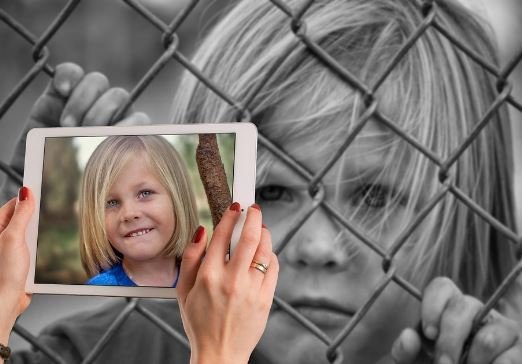
But what is it that he can do, as manifested?
- With the screams.
- Always fleeing.
- In the most primitive way: scratch, kick, hit or remain isolated.
When these attitudes are noticed in children is when we have to focus more on their responses and reactions. Taking into account the nonverbal answers more than the verbal ones.
Depression occurs in children who are not accompanied, in those who are not tolerated. But to educate means or implies that it is necessary to accompany the child so that he independently carries out his life.
Depression tends to put children in unpleasant states that have to do with aggression and sadness, this can be manifested by any behavior or by the factors around them.
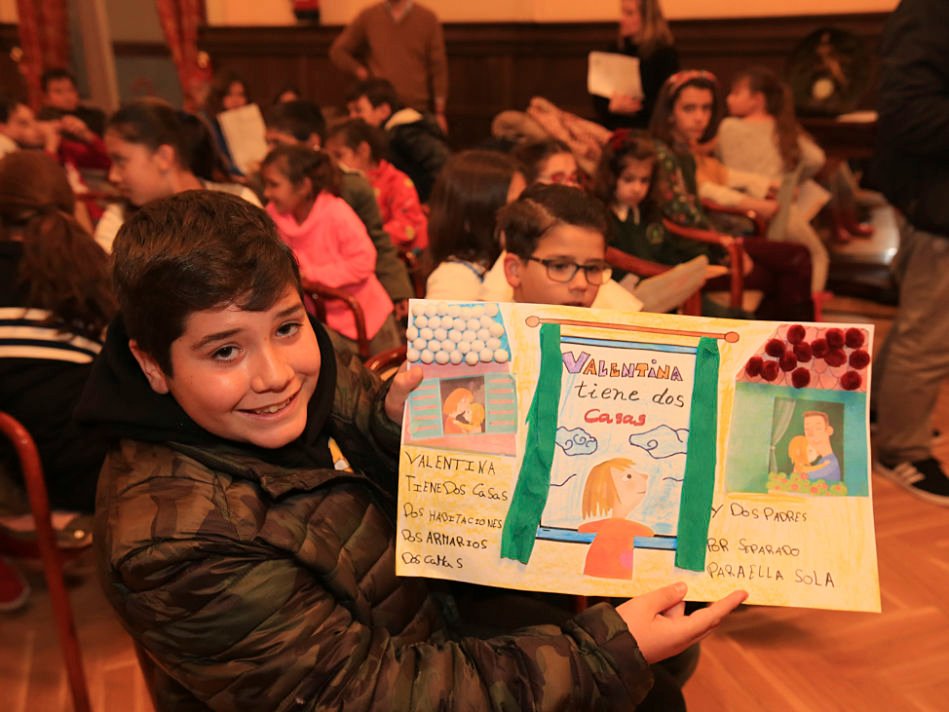
The creation of stories. To determine if a child is going through a depression, doing activities to create stories will greatly help to verify what the state in which the child is located.
This activity can be done on intermediate days, in this way you can compare the old stories with the new ones and address the feeling of that story.
Children are very expressive, through writing, this will be a good resource to carry it out, because, for reasons that are beyond their control, they do not know how to do it. But giving life to that depression in history will be much easier to clarify and avoid.
History will be the facilitating and determining resource of whether it is a serious depression or something temporary. In the same way it is necessary to attend the case, with specialists in the field.
It is important to know how to distinguish the hormonal and physical changes, from the temperament, since in the period of growth children adapt to their being, to their thoughts of what they are and what they want.
That’s the much we can take on the topic “How To Treat Childhood Depression | Childhood Depression & Anxiety“.
Thanks For Reading
O3SCHOOLS TEAM
See Other Articles People Are Reading
- Cry Me A River – From Biology To Psychology Of Tears
- Redefining ‘Health’ For The 21st Century | Health Care Changes In The 21st Century
- Missile Technology – The Weapon Of Destruction
- Discussing Day-to-Day Fear | Types Of Fears & How To Overcome Them
- Electromagnetism – Antenna Radiation Patterns | How To Read Antenna Radiation Patterns
- Do Robots Really Have Emotions? | Can Artificial Intelligence Feel Emotions?

Leave a Reply